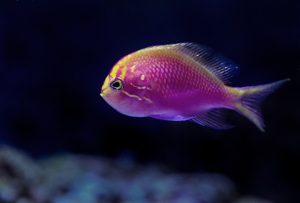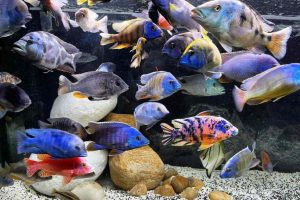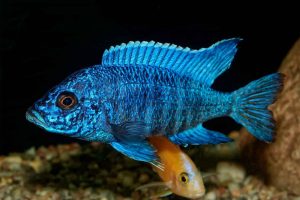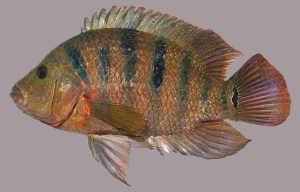Cichlids are among the most popular aquarium fish, admired for their vibrant colors, diverse behaviors, and complex social dynamics. However, keeping cichlids can come with challenges. From health issues to behavioral problems, cichlid fish can sometimes exhibit troublesome traits that require attention.
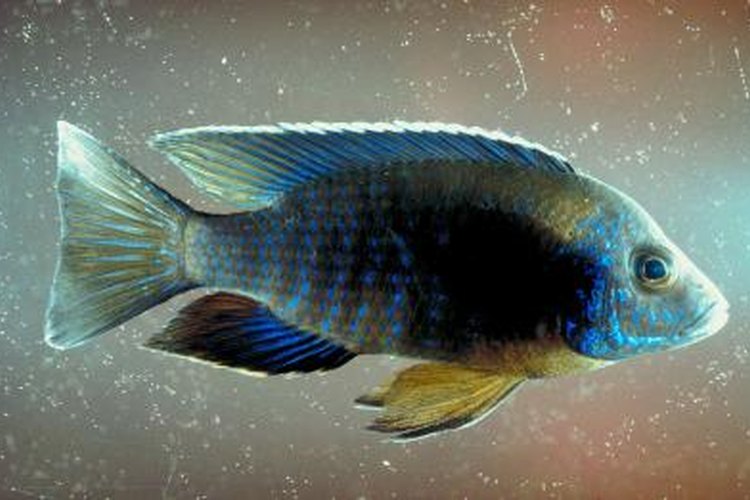
This comprehensive guide will help you troubleshoot common cichlid fish problems, offering solutions for issues like feeding difficulties, aggression, and health complications.
Cichlid Fish Not Eating
One of the most common concerns among cichlid keepers is when their fish stop eating. Loss of appetite can be alarming and is often a sign that something is amiss in the aquarium.
Causes
Several factors can lead to cichlids refusing food, including stress, poor water quality, illness, or dietary monotony. Changes in the tank environment, such as new tank mates or alterations in water parameters, can also trigger stress-related fasting.
Solutions
First, test the water parameters (pH, ammonia, nitrites, and nitrates) and ensure they are within the acceptable range for your cichlid species. If the water quality is poor, perform a partial water change. Offering a varied diet, including high-quality pellets, live foods, and vegetables, can stimulate feeding. If illness is suspected, observe your fish for additional symptoms and treat accordingly.
Preventive Tips
Maintaining a stable environment, avoiding overfeeding, and keeping the tank clean are crucial preventive measures. Quarantining new fish before introducing them can also prevent stress and disease spread.
Solving Aggression Issues
Aggression is a common issue in cichlid tanks, especially among species known for their territorial nature. While some level of aggression is normal, excessive fighting can lead to injury or death.
Causes
Aggression in cichlids often stems from competition for territory, mates, or food. Overcrowding and inadequate hiding spaces can exacerbate these behaviors, making cichlids more prone to fighting.
Solutions
To reduce aggression, ensure your tank is large enough to accommodate all fish comfortably. Rearrange decorations periodically to disrupt established territories and reduce dominance. Adding more hiding spots using rocks, caves, or plants can help lessen conflict. In extreme cases, separating overly aggressive individuals may be necessary.
Preventive Tips
Research the specific cichlid species you plan to keep together, as some are more compatible than others. Avoid mixing highly aggressive species with peaceful ones and monitor behavior closely, especially during breeding seasons.
Common Health Problems in Cichlid Fish: Identification and Treatment
Cichlid fish, like all aquarium fish, are susceptible to various health issues that can impact their well-being. Early detection and prompt treatment are vital for successful recovery.
1. Ich (White Spot Disease)
Ich is one of the most prevalent parasitic infections affecting cichlids, characterized by white spots on the body and fins. Treatment involves raising the water temperature slightly and administering medication specifically designed for Ich.
2. Hole-in-the-Head Disease
Commonly seen in larger cichlids like Oscars, this condition presents as small pits or lesions on the fish’s head. It is often linked to poor water quality, nutritional deficiencies, and internal parasites. Improving water conditions and providing a vitamin-rich diet are essential steps in treatment.
3. Bacterial and Fungal Infections
Symptoms include discolored patches, fin rot, or fuzzy growths on the body. These infections can often be treated with over-the-counter antibacterial or antifungal medications. Regular water changes and maintaining good water quality help prevent these infections.
Preventive Tips
Regularly monitor your fish for signs of stress or illness, maintain excellent water quality, and provide a balanced diet. Quarantine new fish and plants to avoid introducing pathogens into your tank.
Cichlid Fish Color Fading
Cichlids are known for their bright, vibrant colors, so it can be concerning when a fish begins to lose its color.
Causes
Color fading in cichlids can result from stress, poor diet, illness, or unsuitable tank conditions. Aggressive interactions or dominance displays can also cause temporary color loss.
Solutions
Ensure your cichlids are fed a high-quality diet rich in color-enhancing nutrients like spirulina and carotenoids. Check water quality regularly, and make adjustments as needed to create an optimal environment. Reducing stress by minimizing aggression and providing sufficient hiding spaces can also help maintain vibrant coloration.
Preventive Tips
Consistently provide a stable, well-maintained tank environment. Consider adding tank mates that are compatible and won’t trigger stress or aggression in your cichlids.
Cichlid Breeding Problems
Breeding cichlids can be a rewarding experience, but it also comes with challenges that can hinder successful spawning.
Common Issues
Failure to breed, egg-eating, or fry predation are common problems. Factors such as incorrect water parameters, inadequate hiding spaces, and competition among tank mates can negatively impact breeding success.
Solutions
Set up a separate breeding tank with optimal conditions tailored to the specific needs of the breeding pair. Provide ample hiding spots for fry, such as rocks and plants, to reduce the risk of predation. Adjust water parameters to match the breeding requirements of your cichlid species.
Preventive Tips
Research the breeding habits of your cichlid species to better prepare for the breeding process. Creating a calm, stress-free environment will improve the chances of successful breeding.
Conclusion
Troubleshooting common cichlid fish problems requires a keen understanding of their behaviors, environmental needs, and health requirements. By maintaining optimal tank conditions, monitoring cichlid behavior, and providing appropriate care, you can mitigate many issues and ensure your cichlid fish thrive.
Remember, a proactive approach to cichlid care is the best way to keep your aquarium vibrant, healthy, and harmonious. With patience and the right knowledge, you can enjoy the fascinating world of cichlids while overcoming any challenges that arise.
Discover the beauty of Indonesia’s finest tropical fish with Seekerfish.com, your trusted tropical fish exporter. From rare species to vibrant favorites, we guarantee the healthiest, ethically sourced fish for your aquarium. Explore our selection and experience the unmatched quality that comes from Indonesia’s rich waters.


